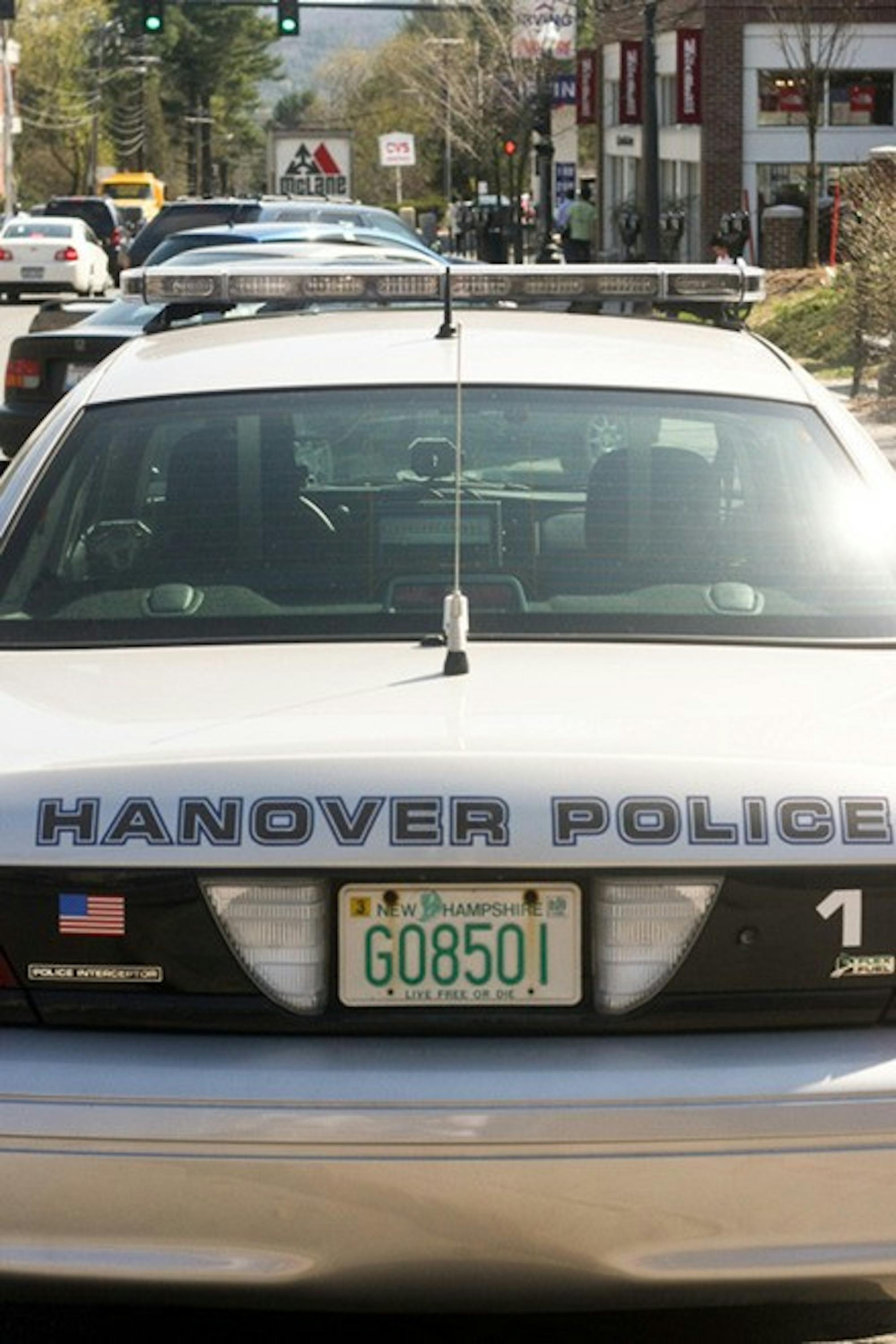Police captain Frank Moran, the force's second-in-command, will serve as acting police chief during Giaccone's recovery. Moran will remain in this position for the "foreseeable future" as Giaccone remains on leave in the coming weeks, town manager Julia Griffin said.
Giaccone continues to monitor his work email from the hospital to stay in touch with the police department.
"He's still keeping track of what's going on with the police department and the community," Griffin said.
Moran should transition smoothly as the department's temporary leader, said Jay Buckey, a member of the Hanover Board of Selectmen and a professor at Geisel School of Medicine. Moran has known Giaccone for over 25 years.
"He and Chief Giaccone have worked closely together in the past, so I don't foresee any major changes," Buckey said.
Hanover Board of Selectmen vice chairman Athos Rassias said the town is moving in "a stable direction."
"I'm not expecting much change at the moment," he said. "Everything that's in place will continue."
While he is confident that Moran will uphold Giaccone's current policies, Rassias said the near future could be "a time of change" for the department. Rassias, who has served on the Board of Selectmen since 2006, said Giaccone's has demonstrated commitment to the town.
"He's displayed a real strong commitment to the community, and to working to try to see through problems that come up in a real steadfast manner," Rassias said.
Starting as a patrol officer in 1973, Giaccone became a detective sergeant before being promoted to police chief in 1994, following former police chief Kurt Schimke's death. Giaccone served as acting chief during the search process for Schimke's replacement before being appointed to the position.
Since becoming police chief, Giaccone has encouraged the department to obtain new technology equipment for its office and police cars, and the Hanover Police Department was one of the first in the state to have mobile data systems installed in its patrol cars. He also set measures to ensure that Hanover police officers have the latest technology in their field.
Giaccone's decision to remain as chief, despite the possibility of making an equal or higher salary from his pension if he chose to retire, indicates his love for the job, Moran said in a previous interview.
Giaccone played a significant role in College life, proposing a controversial alcohol policy and changing how the police addressed underage drinking during his tenure.
In February 2010, Giaccone announced plans to launch compliance checks, or "sting operations," to combat a perceived rise in alcohol use and abuse by underage individuals. Students feared the tactic would make the Greek system less welcoming and increase the dangers associated with drinking, but those concerns proved unfounded as the compliance checks were indefinitely postponed.
Zachary Gottlieb '10, who was the Interfraternity Council president when Giaccone met with Greek leaders to announce the changes, said Giaccone displayed a genuine concern for student health and safety.
After meeting with Greek leaders in a tense Town Hall meeting to explain the new policy, Giaccone took Gottlieb for breakfast at Lou's to discuss his decision. Gottlieb thought Giaccone's role framed his approach to student drinking, as the latter was forced to take legal measures as police chief to intervene in student health and wellness.
Giaccone was largely receptive to input from students and Greek leaders, Gottlieb said.
In April 2010, the Hanover Police announced it would no longer automatically arrest underage students who receive medical attention for alcohol overconsumption if they are eligible for the Alcohol Diversions program. Hanover Police continues to assist emergency personnel responding to ambulance calls, but now provides individuals with information about Diversions. Students must enroll in the program within seven days to avoid a citation.
Moran and Elizabeth Rathburn, secretary for the Hanover Police Department, declined to comment.




